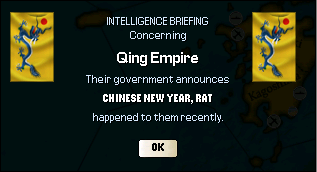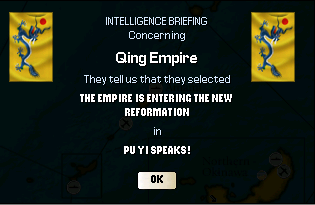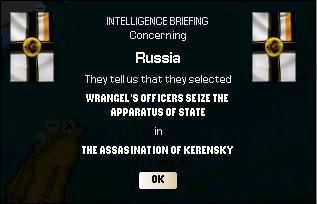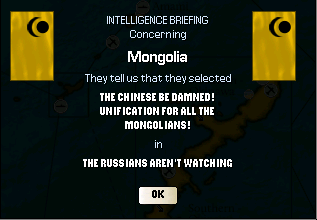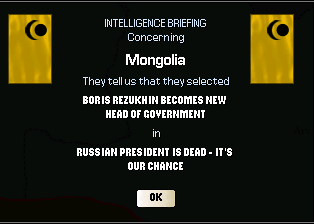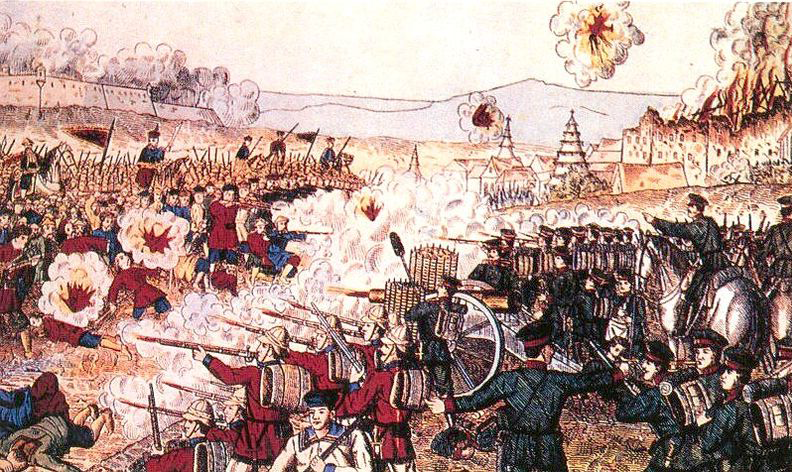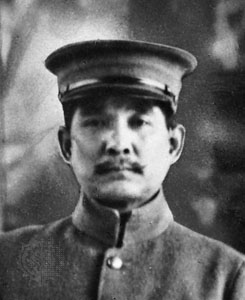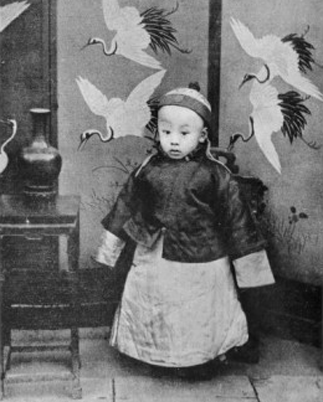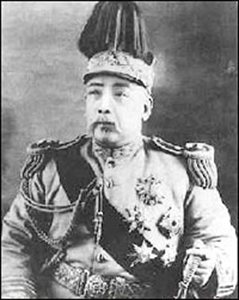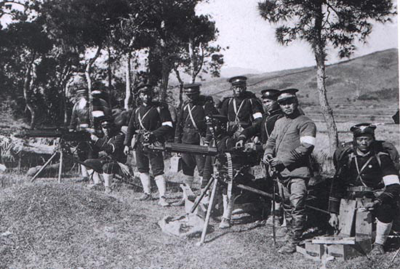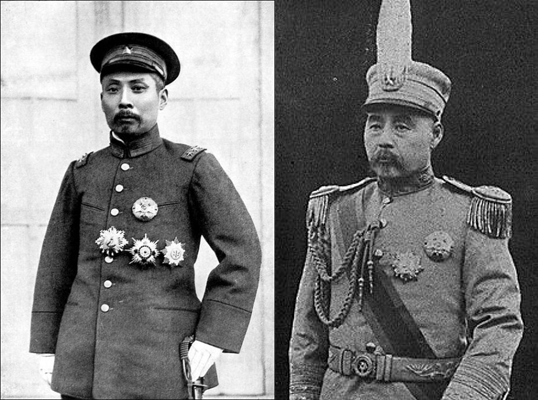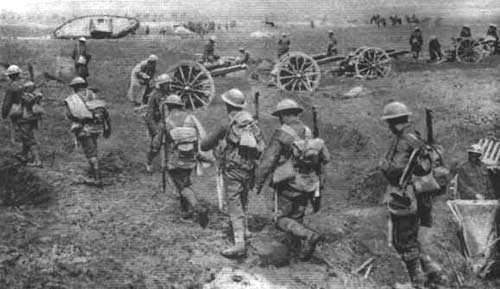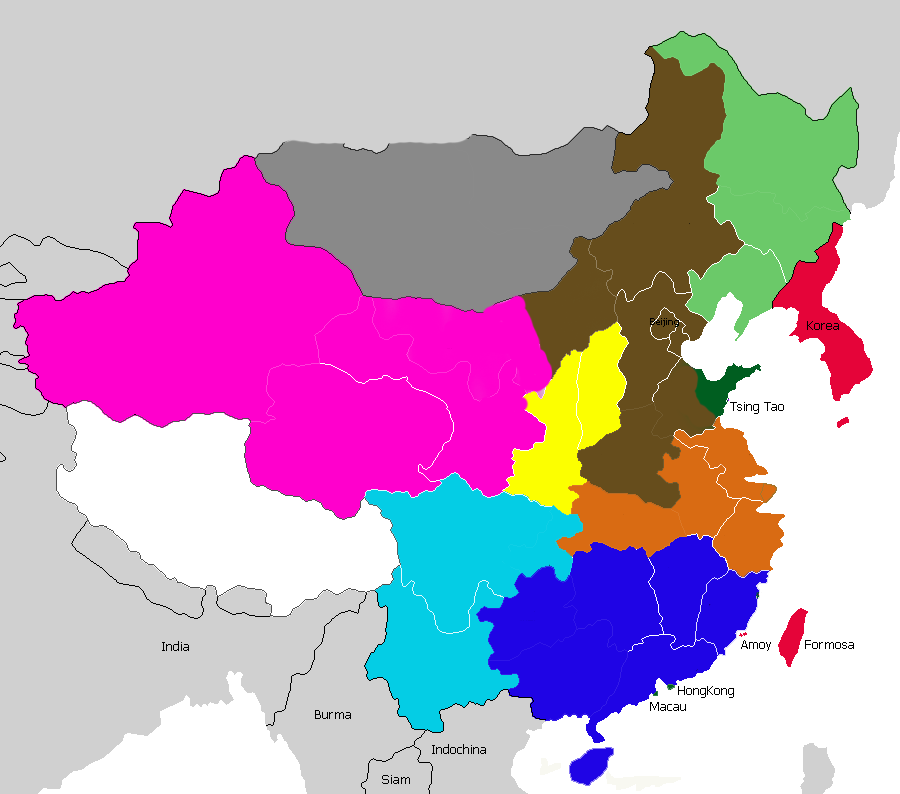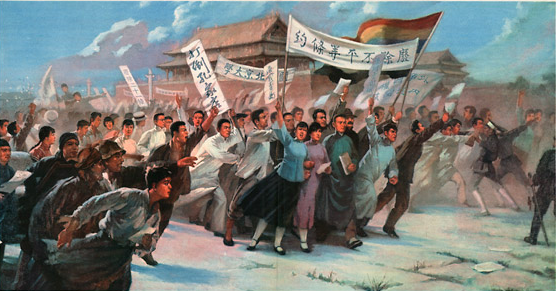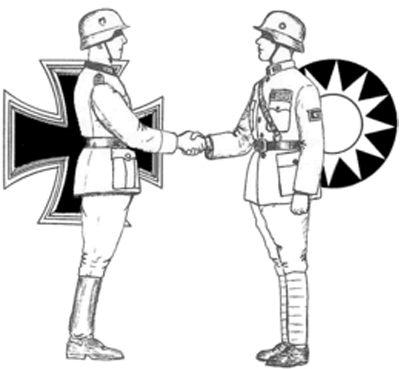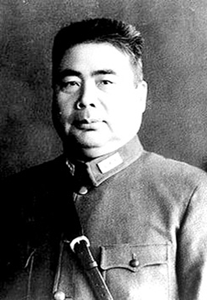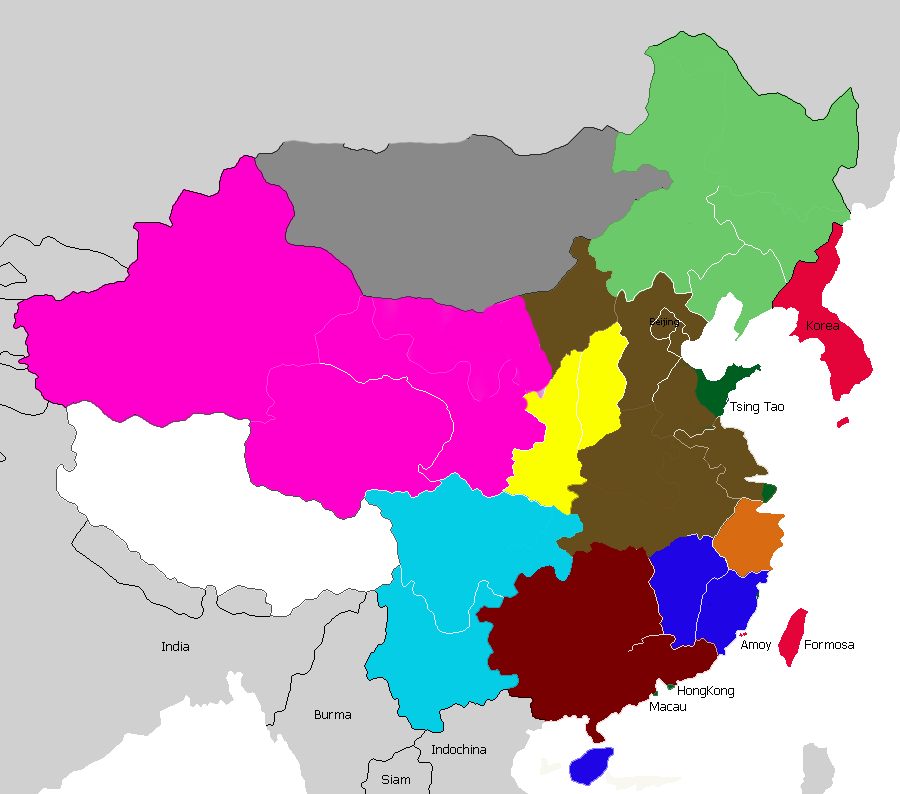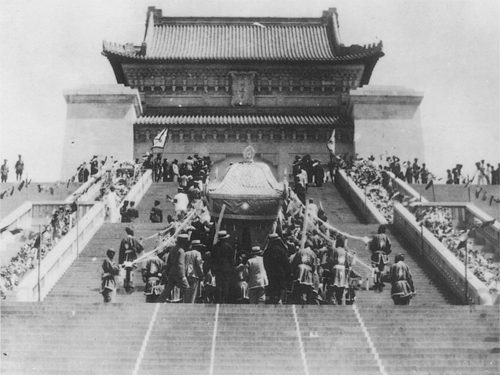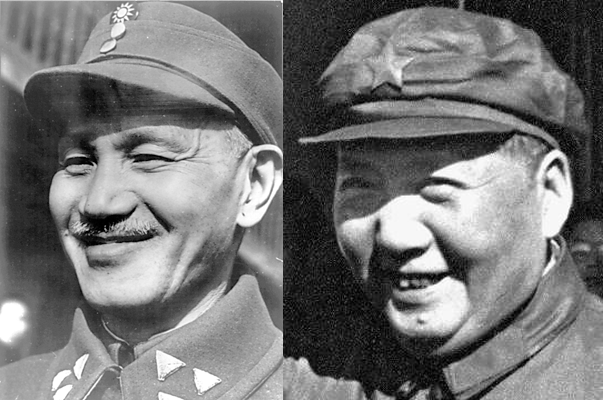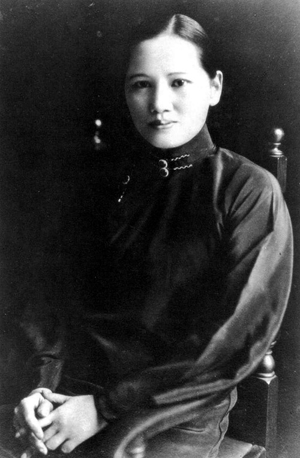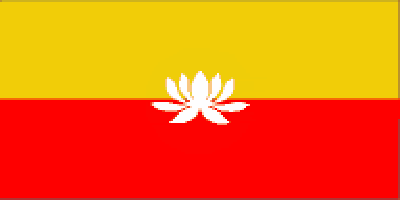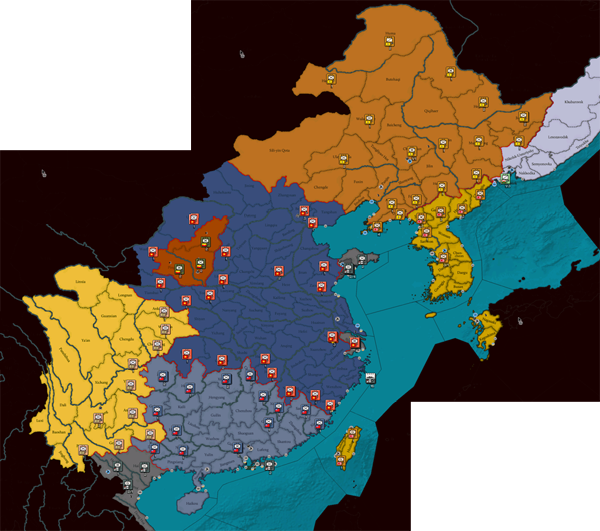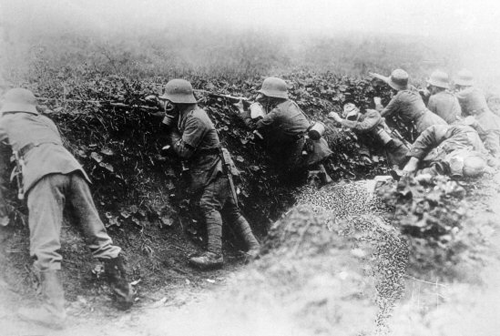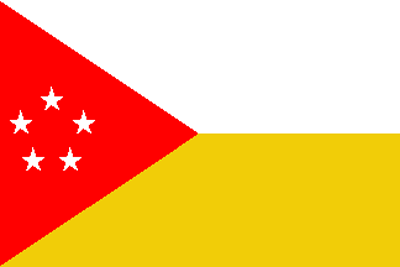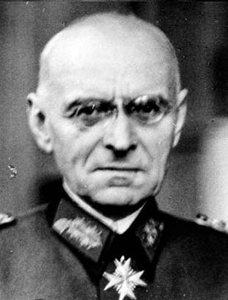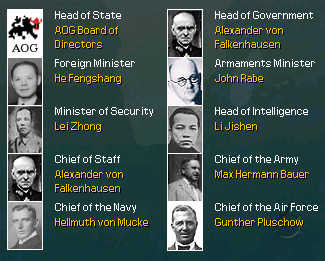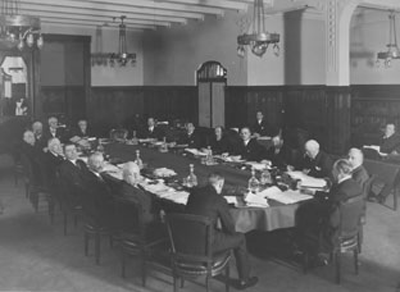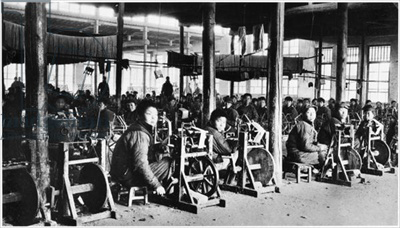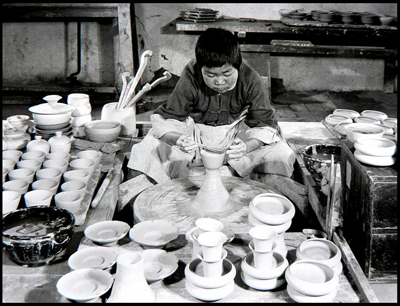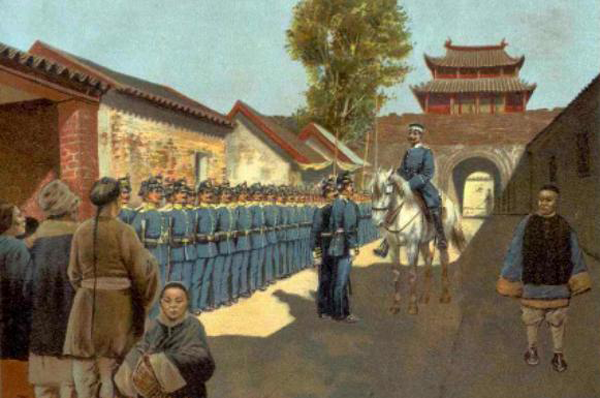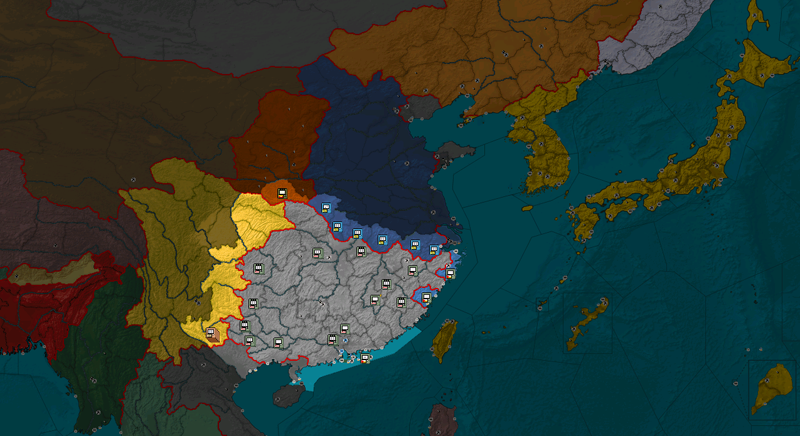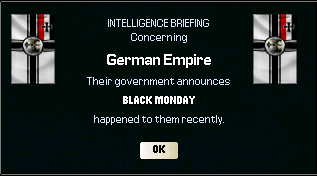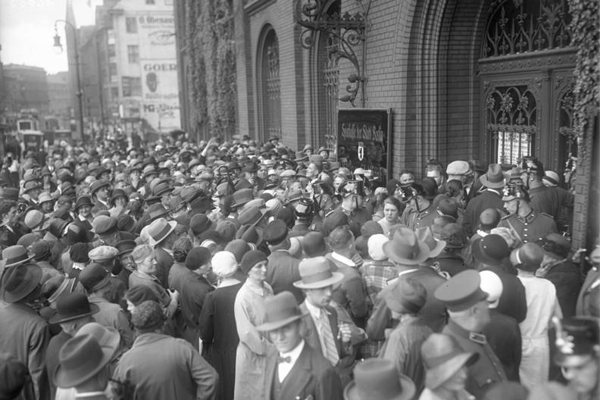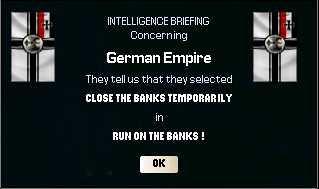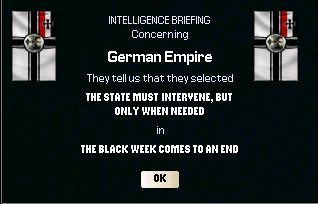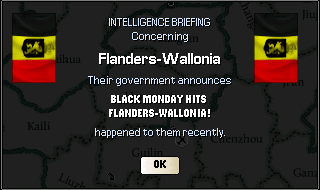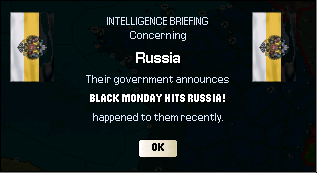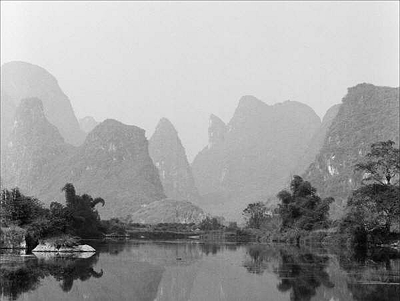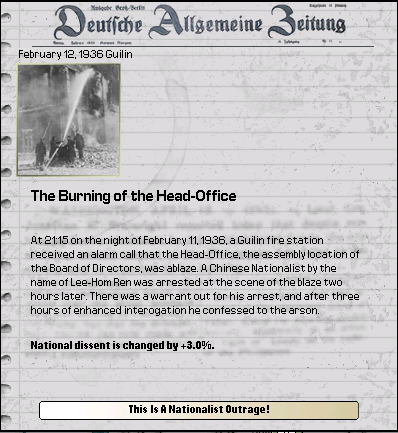Sorry for the lack of updates. I guess I'll accelerate a bit to catch up.
-------------------------------------------------------------------------
------------------------------------------------
German Intervention
The Zhili clique made an alliance with the Fengtien clique of Zhang Zuolin and defeated the Duan in July 1920. After the death of Feng Guozhang, the Zhili clique was led by Cao Kun. The alliance with the Fengtian was only of convenience and war broke out in 1922 with Zhili driving Fengtian forces back to Manchuria. Next, they wanted to bolster their legitimacy and reunify the country by bringing back Li Yuanhong to the presidency and restoring the National Assembly. They proposed that Xu Shichang and Sun Yat-Sen resign their rival presidencies simultaneously in favor of Li. When Sun issued strict stipulations that the Zhili couldn't stomach, they caused the defection of Kuomintang general Chen Jiongming by recognizing him as governor of Guangdong. With Sun driven out of Guangzhou, the Zhili clique superficially restored the constitutional government that existed prior to Zhang Xun's coup. Cao bought the presidency in 1923 despite opposition by the Kuomintang, Fengtian, Anhui remnants, some of his lieutenants, and the public. In the autumn of 1924, the Zhili appeared to be on the verge of complete victory until Feng Yuxiang betrayed the clique, seized Beijing, and imprisoned Cao. Zhili forces were routed from the north but they kept the center.
Feng Yuxiang. Warlord of the Zhili Clique
Known as the 'Christian General' for zealously converting his troops to Christianity.
Later on, establishes the Guominjun
The Zhili Clique [Brown] have almost absorb the lands of the Anhui Clique [Orange] but currently are hard press against Fengtien [Light Green].
The newly establish Guangxi Clique [Maroon] rebelled against their allies, the KMT [Blue], after Chen Jiongming defected to Zhili's side.
In 1922 the Kuomintang-warlord alliance in Guangzhou was ruptured with the defection of Chen Jiongming, and Sun fled to Shanghai. By then, Sun saw the need to seek German support for his cause. In 1923, a joint statement by Sun and the German representative in Shanghai pledged German assistance for China's national unification. German advisers - such as Wilhelm Canaris - began to arrive in China in 1923 to aid in the reorganization and consolidation of the Kuomintang along the lines of the government in Berlin, who slightly begin to implement more realistic and even traditional valours within the then Republican movement. Sun Yat-sen died of cancer in Beijing in March 1925, as the Nationalist movement he had helped to initiate was gaining momentum.
With the death of the Father of Chinese Nationalism, the KMT is now in a succession crisis. Soong Ching-Ling (aka Madame Sun) was terribly downplayed by both Left and Right wings. The Left was dominated by the Syndicalist faction, whom are also on a leadership crisis. The Syndicalist faction was divided into two sub-factions; Chiang Kai-Shek's and Mao Zedong's. The result of the rivalry between the two Leftist was settled by the Right. The Germans were successful in putting the former president Xu Shichang, who was beginning to retrieve monarchist inclinations, in command of the Kuomintang, eventually toppling the more pro-Syndicalist rivals. Once Xu's position is secured. He purged the dangerous Syndicalist factions (included Chiang and Mao), permanently eliminating whatever presence the Far Left has in China's political future. Madame Sun was placed under house arrest instead due to her popularity and being the wife of Sun Yet-Sen. With all rivals neutralised, the control of the southern lands that's traditionally KMT grounds was regain once more by defeating Chen and other traitor warlords of the Guangxi Clique.
Left: Chiang Right: Mao
These two rivals have fought for the leadership in the Syndicalist faction in the Kuomintang. Only to be both eliminated by Xu.
Soong Ching-Ling. Recently widowed.
One of the few high politicians remaining who still follows Sun's Three Principles from skin to bone.
Feng had formed his own faction called the Guominjun which was ideologically sympathetic to the southern Kuomintang government but not a part of it. As a compromise, they gave Duan Qirui whose Anhui clique was near extinct a place within the Guominjun in exchange of annexing Anhui. Fengtian was far stronger in terms of manpower as KMC troops were stretched thinly across a vast area. Negotiations in north-south reunification went nowhere since Zhang and Duan had little in common with Sun Yat-Sen who had died in March 1925. Later that year, fighting broke out after Fengtien general Guo Congling defected to the Guominjun.
Moreover, the 1924 Floods, who led to the death of more than 2 millions of Chinese, definitely broke an emotional barrier: on December, Lu Zhongyi and Zhang Tianran officially declared that the Mandate of Heaven was lost and none of the competing warlord deserved it and called for an uprising against the government, leading to the establishment of the Shangqing Tianguo, which rallied most of the members of the new bureaucracy. The upstart movement was an unpleasant surprise as they eliminated the Shaanxi Clique.
The Pure Kingdom Upon the Heavens
Tensions between Feng Yuxiang [Kuominjun] and Xu Shichang [Kuomintang] flared up as the latter was an open monarchist, and in effect, destroying one of the KMT's raison d'etre. The relations between the two sides reached its breaking point when Feng Yuxiang expel Emperor Pu Yi from the Forbidden City. Xu Shichang issued in the end of the year, after having purged the Kuomintang, a Call to the Mighty German Empire, where he described the situation of complete anarchy of China and praised the Kaiser Wilhelm II for its achievements; a delegation was also sent to Pu Yi's retreat in Tientsin. The Guominjun declared that the Kuomintang had betrayed the Republican cause and Feng Yuxiang invaded the Kuomintang-controlled zone, after securing alliance with the Fengtien Clique.
German press spread Xu's message throughout Germany and convince the public opinion of intervention in the Far East. Both Governors, Governor Hans Von Seeckt of Indochina and Governor Werner von Fritsch of Tsingtau, Hong Kong, and Shanghai have warned that any Guominjun invasion would be met by immediate response. On March, 8 1926, a skirmish between Guominjun soldiers near the German concession in Shanghai led to the declaration of war of Germany to China.
Map of China during the German War of Intervention
- Dark Blue: Guominjun
- Light Blue: Kuomintang
- Orange: Fengtien Clique
- Grey: German Empire
- Dark Orange: Shangqing Tianguo
- Yellow: Japan
- Bright Yellow: Yunnan Clique
German troops engaging in a skirmish near Shanghai
The campaign was made very quickly. In less than six months, German troops coming from Indochina and Tsingtau, supported by a blockade led by Grand Admiral Franz von Hipper, quickly overwhelmed the Guominjun forces; most of their leaders fled to Mongolia or Japan, or managed to retain some bastions in inner China, such as in Yunnan, or in Manchuria, which was invaded by Japanese forces during the German intervention. In the end, most of continental China was occuped by Sino-German forces. Thanks to German help, the Millenarian revolt revolt was quickly quelled and restrained to the mountains of western China. Following his own policies and after managing an agreement with former Emperor Pu Yi, Xu Shichang officially proclaimed the restoration of the Qing Empire on November 1926, following the Treaty of Nanjing that had delimited continental China: the south was left to the economic exploitation of German firms, collectively known as Algoastasien GmbH, while the north was under the restored Empire's control albeit under slight joint German-Japanese military control. Foreign trade was left to the richest cities of the coast, under a joint control of world powers owning interests in China, known as the Legation Cities or Treaty Ports.
The Legation Cities
The Allgemeine Ostasiatische Gesellschaft
The new era officially began on February, 2 1927, date of the beginning of the Fire Rabbit Year. Kuomintang won this war but they lost everything else. Under both Qing administration and the German conglomerate, the true KMT are being heavily prosecuted.
------------------------------------------------
-------------------------------------------------------------------------
Note: The pre-1936 history of China in this AAR is sourced from the Kaiserreich wiki.
Some changes here and there. Mao didn't really exist in the KR Canon but Chiang was "purged" however it wasn't explicit whether Chiang was killed. There was also no mention of Madame Sun being arrested.
Chen Jiongming did defect but was appointed governor of Guangdong, according to Canon. I think it was bland so I made him the warlord of Guangxi Clique instead with his lip-service to Zhili Clique.
This is the 2nd to the last "intro" update. Another one regarding the AOG update tomorrow then that's the end of the chapter. Next chapter will be the start of the game.



